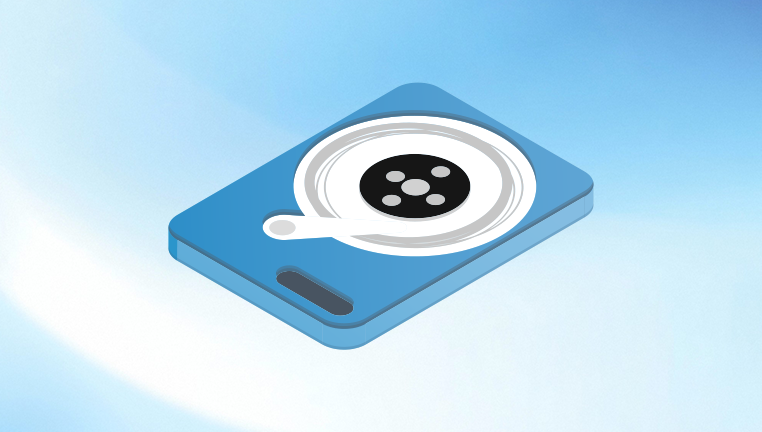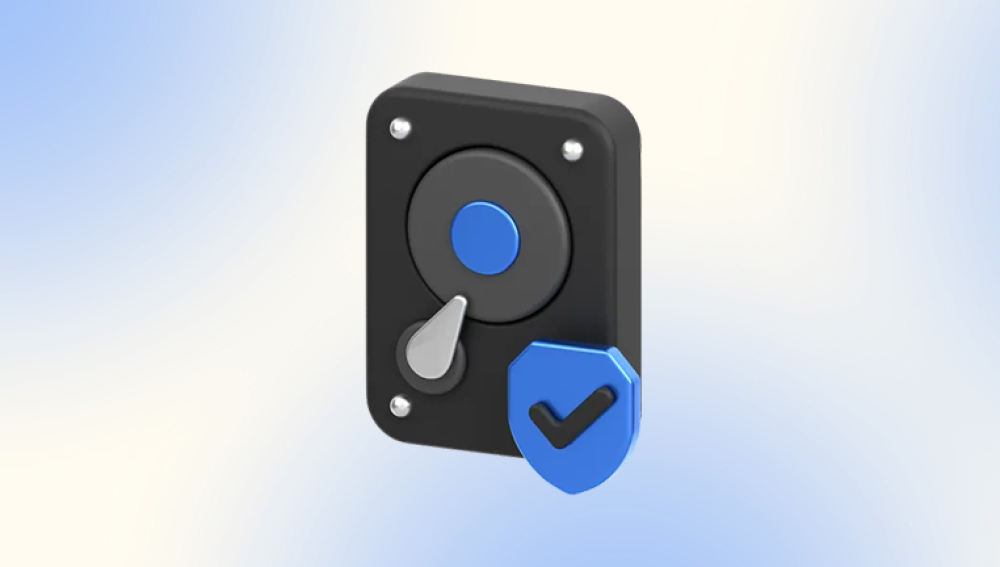Despite the rise of solid-state drives (SSDs), HDDs remain popular due to their affordability and high storage capacity. However, they are also vulnerable to failures caused by physical damage, firmware corruption, logical errors, and more. This vulnerability has created a demand for reliable HDD data recovery machines sophisticated tools used by technicians and data recovery labs to retrieve lost information from compromised drives.
What Is an HDD Data Recovery Machine?
An HDD data recovery machine is a specialized tool designed to recover data from damaged or inaccessible hard drives. These machines can operate on drives that are no longer recognized by computers, have suffered from physical trauma, or have been corrupted due to firmware or file system issues. Unlike basic recovery software, these devices operate at the hardware level and are often equipped with advanced software interfaces to help professionals rebuild data structures, repair firmware, and clone drives bit by bit.
There are various types of data recovery machines, including those with built-in imagers, decryption tools, power control systems, and write-blocking features. Most professional-grade machines come as standalone units or are installed within workstations alongside custom-built data recovery software.

Factors That Influence Price
Prices for HDD data recovery machines vary significantly, and this fluctuation is due to a combination of features, manufacturer reputation, usage intention (personal vs. commercial), and included services. Let’s look at the main factors that influence the price of these machines:
1. Hardware Specifications
High-end machines are equipped with advanced processors, multiple interfaces (SATA, IDE, SAS, USB), cooling mechanisms, touchscreen displays, and robust power control systems. These features ensure compatibility with a wide range of hard drive models and formats and provide stable recovery conditions, especially for drives with electrical issues.
2. Software Suite
Data recovery is not just about hardware. Most machines include a software suite that supports tasks like firmware repairs, partition rebuilding, file extraction, and drive cloning. The more advanced and user-friendly the software is, the more it adds to the price.
3. Brand Reputation
Established brands such as DeepSpar, ACE Lab, and SalvationDATA have years of credibility in the industry. Their machines command higher prices due to trust, consistent updates, and professional support.
4. Training and Support
Many professional devices include access to training courses, certifications, and customer support. Some even come with initial training sessions that help technicians learn how to use the device effectively. The inclusion of these services often leads to a steeper price.
5. Modularity and Expandability
Some machines are modular, meaning you can expand their capabilities over time by purchasing add-ons or software upgrades. While the base machine may be more affordable, the total investment increases as features are added.
6. Commercial Use Licenses
Devices intended for commercial or enterprise use may come with licensing agreements or subscription-based services. These factors contribute to the total cost, especially when long-term use or client-facing services are involved.
Entry-Level Machines
For individual users or small businesses with limited data recovery needs, entry-level machines are typically the most affordable. These machines often support common drive types such as SATA and IDE and provide basic cloning and imaging functions.
At this level, pricing generally starts at a few hundred dollars. The lower end may include USB-based duplicators or standalone imaging devices that perform simple data retrieval. While they may not support severely damaged drives or advanced firmware repair, they’re suitable for logical data recovery or imaging of partially functioning drives.
Typical features at this price point include:
Basic data imaging tools
Simple user interface
Support for SATA and IDE
Limited firmware repair capabilities
Minimal support or training
Despite the affordability, these machines are often lacking when it comes to professional recovery standards, and they are not suitable for business-grade recovery services.
Mid-Range Machines
Mid-tier HDD data recovery machines provide a balance of performance and affordability. These devices are well-suited for data recovery professionals who require more than just basic functionality. They often support more interfaces, faster imaging speeds, firmware access tools, and more powerful software features.
In this category, prices usually range from several thousand dollars. The cost is justified by features such as:
Support for multiple drive types (SATA, IDE, SAS)
Hardware-based write-blocking
Advanced imaging and cloning capabilities
Firmware access and repair utilities
Drive diagnostics
Customer support and some level of training
These machines are ideal for small to medium-sized data recovery businesses. They allow technicians to recover data from physically failing drives or those with minor firmware issues. They also make it easier to handle drives with bad sectors and provide robust disk copying tools for forensic or backup purposes.
High-End and Enterprise-Grade Machines
At the top of the spectrum are machines used by professional data recovery labs, forensic experts, and enterprise service providers. These machines come fully loaded with the most advanced tools and software, allowing them to handle even the most difficult recovery scenarios, including heavily damaged drives, encrypted systems, RAID setups, and SSDs (in addition to HDDs).
Pricing in this category typically begins around $10.000 and can go upwards of $20.000 or more. Some packages include multi-user licenses, server compatibility, and long-term software support.
These machines feature:
High-speed data transfer and imaging engines
Modular design for firmware, PCB, and microcode work
RAID reconstruction tools
NVMe and SAS support
Decryption capabilities
Clean room accessories or compatibility
Integration with forensic platforms
Advanced diagnostics and analytics
One of the main advantages of enterprise-grade machines is the access to dedicated support and regular software updates. Some manufacturers also provide firmware databases, making it easier to work on rare or proprietary drive models.
Investing in such a machine is a serious decision, usually undertaken by businesses that intend to make data recovery a core offering. The long-term return on investment is high if the business handles a large volume of recovery tasks or specialized cases.
Optional Accessories and Add-Ons
While the base machine can handle core data recovery functions, many users find it necessary to purchase additional components to maximize their results. These might include:
Hardware add-ons for damaged drives (e.g., head swap tools)
External power supplies or stabilizers
Clean room enclosures
SSD adapters or NVMe bridges
Firmware modules for specific drive brands
Spare PCBs and read/write head kits
Each of these accessories adds to the total cost, and professional labs often budget several thousand dollars annually to keep their inventory updated.
Subscription Models and Licensing Fees
Some manufacturers of HDD data recovery machines operate on a subscription or licensing model. This means that while you may pay a flat fee for the hardware, continued access to software updates, advanced modules, or cloud-based services requires an ongoing subscription.
This approach allows users to get started with a lower upfront cost, but it also means committing to recurring expenses. Pricing models vary—some offer annual subscriptions, while others bundle multi-year plans or lifetime access for a higher upfront payment.
Businesses should consider the total cost of ownership over several years when comparing machines with different pricing models.
Refurbished and Secondhand Options
For those looking to reduce costs, refurbished or used HDD data recovery machines may be an attractive option. These devices are often sold by labs upgrading to newer equipment or by retailers who service and resell older models.
While refurbished units can offer excellent value, they carry risks:
Limited or no manufacturer support
Outdated software
Incompatibility with newer drive formats
Missing components or accessories
Always verify the condition and origin of a secondhand unit before purchasing. If possible, buy from a vendor that offers a warranty or support service to avoid surprises.
Is It Worth the Price?
For many individuals and businesses, the cost of an HDD data recovery machine is justified by the value of recovered data. Whether it’s irreplaceable family photos, business-critical documents, or sensitive forensic data, the ability to recover that information can easily surpass the cost of the machine.
Businesses entering the data recovery field can quickly recoup their investment by charging clients per recovery. Even basic recoveries can command hundreds of dollars, and more complex recoveries can go into the thousands.
That said, buying a high-end machine without the technical skill to operate it properly can lead to poor outcomes. Therefore, pairing the purchase with adequate training, whether provided by the manufacturer or an independent training program, is essential.




